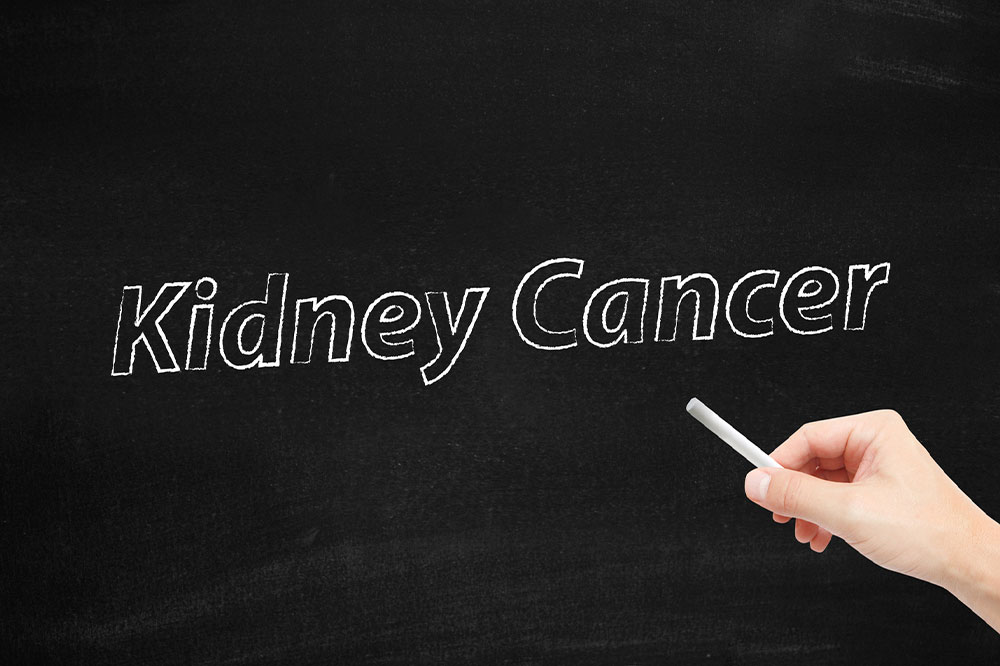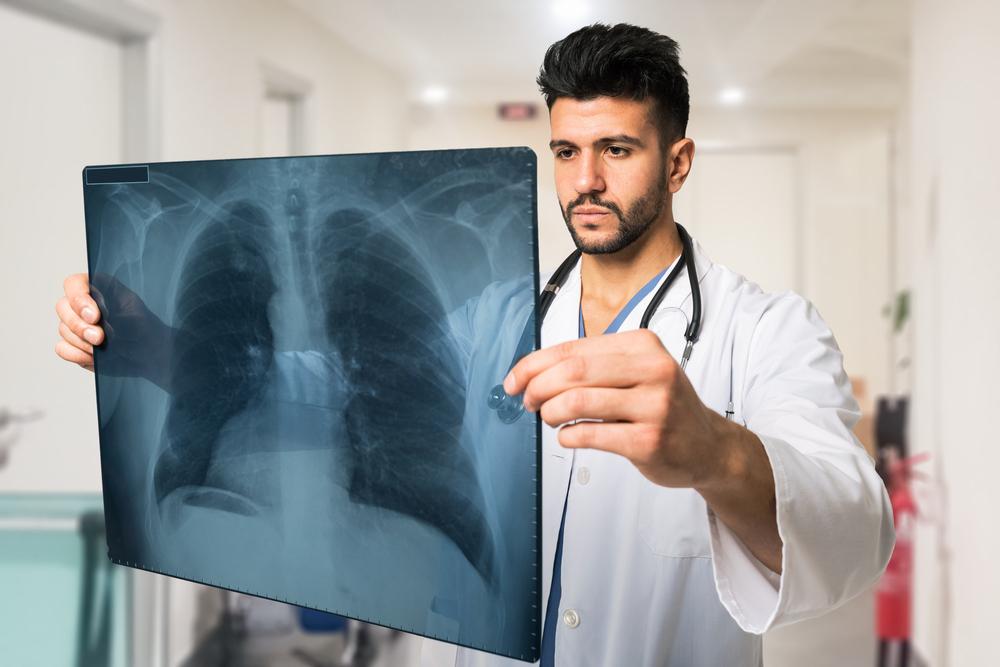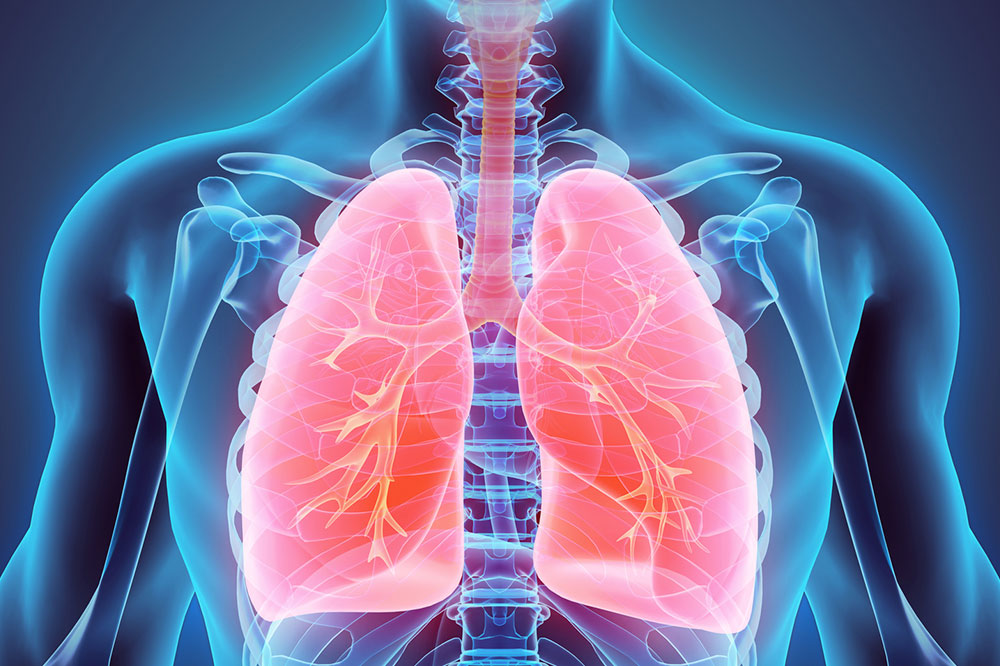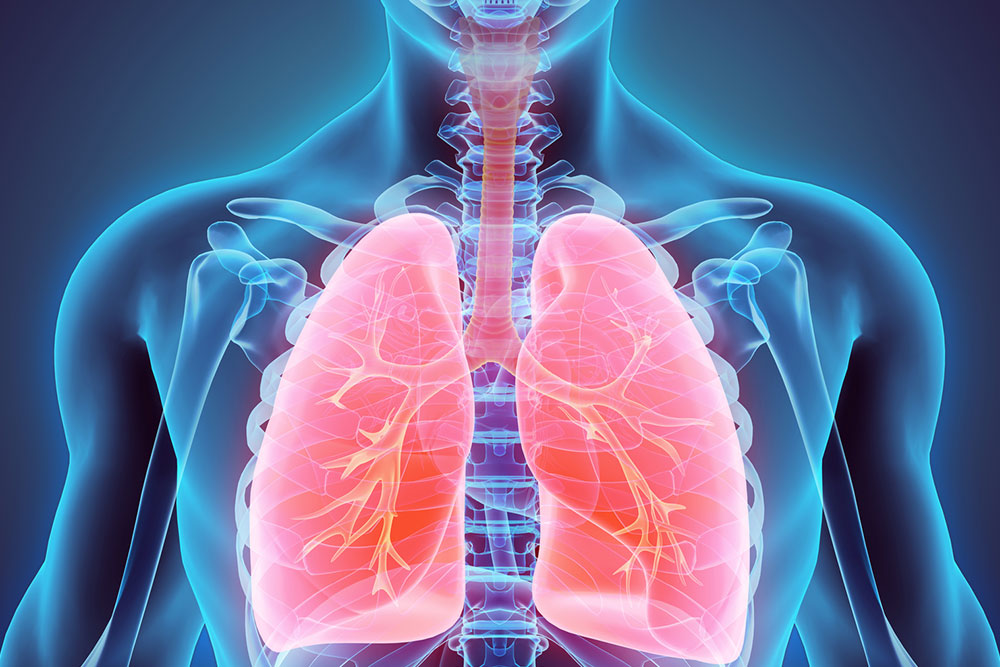Comprehensive Guide to Kidney Cancer: Causes, Symptoms, Diagnosis, and Treatment Strategies
This comprehensive article explores kidney cancer, covering its causes, symptoms, diagnosis, staging, and treatment options. It emphasizes the importance of early detection and provides insights into effective management strategies. Understanding risk factors like genetics, lifestyle, and environmental exposures can aid in prevention. Treatment methods, including surgery, targeted therapy, and immunotherapy, have evolved, improving patient outcomes. Regular screening and awareness are key to identifying kidney cancer early, enhancing survival rates. This guide is essential for anyone seeking detailed information on kidney cancer's clinical aspects and management.

Comprehensive Guide to Kidney Cancer: Causes, Symptoms, Diagnosis, and Treatment Strategies
Kidney cancer, medically referred to as renal cell carcinoma, is a complex and potentially life-threatening condition that originates in the kidneys. As the body's vital organs responsible for filtering blood, regulating electrolytes, and removing excess fluids, the kidneys play an essential role in maintaining overall health. When cancer develops in this region, it can disrupt this critical function, leading to severe health implications. Understanding the various aspects of kidney cancer, including its causes, typical symptoms, diagnostic procedures, staging, and treatment options, is crucial for early detection and effective management.
Kidney cancer typically arises in the renal cortex, the outer part of the kidney, and can sometimes involve the renal pelvis and urinary collecting system. The development of this disease involves complex biological processes, including genetic mutations and environmental influences. Although it can be diagnosed at any age, it is most commonly detected in individuals aged 50 and above, with risk factors increasing with age.
Causes and Risk Factors of Kidney Cancer
Despite ongoing research, the exact cause of kidney cancer remains unclear in many cases. However, several well-established risk factors have been identified that contribute to its development:
Genetic Mutations: Changes in specific genes, such as VHL (von Hippel-Lindau gene), are associated with hereditary forms of kidney cancer. These mutations can lead to abnormal cell growth in the kidneys.
Obesity: Excess body weight increases the risk by altering hormonal levels and promoting inflammation, both of which can encourage cancerous growth.
Smoking: Tobacco use introduces carcinogens into the body, significantly elevating the likelihood of developing kidney cancer.
Age: The risk increases with age, especially after 50, due to cumulative genetic mutations and decreased immune surveillance.
Chemical Exposure: Regular contact with harmful chemicals such as asbestos, cadmium, and certain herbicides can heighten cancer risk.
Existing Kidney Conditions: Chronic kidney disease, kidney stones, and dialysis history can predispose individuals to kidney cancer.
High Blood Pressure: Hypertension is linked to an increased risk, possibly due to vascular damage and related metabolic changes.
Recognizing the Symptoms of Kidney Cancer
Early stages of kidney cancer often present subtle signs, making awareness crucial for timely diagnosis. Common symptoms include:
Hematuria: The presence of blood in the urine, which may be visible or detectable only through laboratory tests.
Persistent Fatigue: Unexplained tiredness and weakness that do not improve with rest.
Lower Back or Flank Pain: Discomfort or pain on one side of the back or abdomen.
Unintentional Weight Loss: Significant weight loss without changes in diet or activity.
A palpable mass: An abnormal lump in the kidney region, sometimes felt during a physical examination.
Advanced stages may involve symptoms such as swelling, anemia, hypertension, or signs of metastasis like bone pain or lung issues, indicating that the disease has spread beyond the kidneys.
Understanding the Staging of Kidney Cancer
Staging is critical in determining prognosis and guiding treatment. Kidney cancer stages range from I to IV:
Stage I: Tumors limited to the kidney and measuring less than 7 centimeters in diameter.
Stage II: Tumors larger than 7 centimeters but still confined within the kidney.
Stage III: Tumors that have spread to nearby lymph nodes or invaded major veins such as the renal vein or vena cava.
Stage IV: Cancer that has metastasized outside the kidney, affecting other organs like lungs, liver, or bones.
Understanding the stage helps physicians develop an appropriate treatment plan, which may include surgery, systemic therapy, or targeted treatments.
Modern Diagnosis Methods for Kidney Cancer
Early detection relies on a combination of medical history assessment, physical examinations, and diagnostic tests:
Imaging Techniques: CT scans, MRI, and ultrasound are essential tools to visualize tumors and assess their extent.
Urinalysis: Laboratory analysis of urine samples can detect blood and abnormal cells.
Biopsy: In certain cases, a tissue sample may be obtained through a needle procedure to confirm the diagnosis.
Blood Tests: These help evaluate overall kidney function and look for markers that may indicate cancer spread.
Regular screenings are recommended for individuals with high risk factors, especially those with hereditary predispositions or previous kidney diseases.
Effective Treatment Options for Kidney Cancer
The choice of treatment depends on the stage of the disease, overall health, and specific tumor characteristics. Common treatment strategies include:
Surgical Intervention: Nephrectomy, the removal of part or all of the affected kidney, remains the primary treatment for localized tumors. Minimally invasive approaches like laparoscopic or robotic surgeries are increasingly common.
Targeted Therapy: Medications that specifically block pathways involved in tumor growth, such as tyrosine kinase inhibitors, are effective in treating advanced cases.
Cancer Immunotherapy: Immune checkpoint inhibitors can boost the body's natural defenses to fight cancer cells.
Radiation and Chemotherapy: These are less frequently used but may be applied in palliative care or metastatic disease cases.
Cryotherapy and Ablation: Less invasive options for small tumors, involving freezing or heating tissues to destroy cancer cells.
Prognosis and Preventative Measures
Prognosis depends mainly on the stage at diagnosis. Early-stage kidney cancers have a high cure rate following surgery, while advanced cases require systemic therapies to prolong survival and improve quality of life. Preventative measures include maintaining a healthy weight, avoiding smoking, controlling blood pressure, and minimizing exposure to carcinogenic chemicals. Regular medical check-ups and imaging tests are crucial for high-risk individuals.
In summary, kidney cancer is a multifaceted disease that requires early recognition for effective treatment. Advances in diagnostic imaging and targeted therapies have improved survival rates significantly. Education about risk factors and symptoms is vital for early detection, which can dramatically influence outcomes and prognosis.





